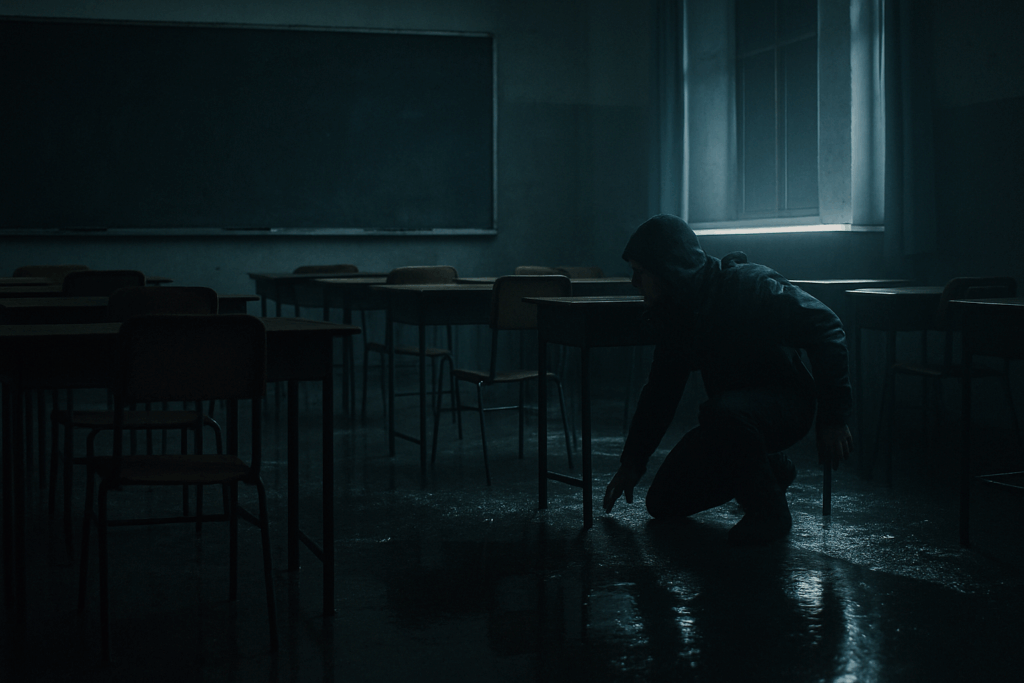The Lost Hero Series in Order: Structure and Stakes
At the core of any effective mythical hero adventure is the journey from the known (home, camp, habit) to the unknown (new powers, enemy territory, deep prophecy). The lost hero series in order (The Heroes of Olympus series) is built for discipline:
- The Lost Hero
Jason wakes on a school bus, memories lost, thrown into Camp HalfBlood. Piper, with her own divided loyalties, and Leo, inventive but uncertain, round out the first quest team. Together, they chase a missing goddess, face monsters, and—most importantly—begin to see that Greek myth is only half the story.
- The Son of Neptune
Percy Jackson returns, stripped of his memory, to Camp Jupiter—the Roman answer to HalfBlood. He partners with Hazel (haunted by past sin) and Frank (living on borrowed time) on a Northern quest that proves discipline is as important as bravery. The book cements the series’ rule: trust the prophecy, but question everything.
- The Mark of Athena
Annabeth, a legacy heroine, leads a combined GreekRoman crew across the Atlantic in a quest that braids new threats with old wounds. The plot’s logic only lands if you’ve read the lost hero series in order—the wisdom, betrayals, and flashback insights all pile up for maximum impact.
- The House of Hades
Percy and Annabeth must fight through Tartarus; their friends aboveground grapple with traitors, monsters, and divided loyalties. Each hero is challenged, not just to survive, but to lead when prophecy offers no easy guide.
- The Blood of Olympus
Gaea’s rise forces a final reckoning. Greek and Roman demigods unite, but victory is paid for with discipline—every minor and major arc from earlier books comes due.
Reading the lost hero series in order structures satisfaction, revelation, and the logic of every emotional and mythological payoff.
Discipline and Structure in the Mythical Hero’s Journey
Riordan’s demigods are defined by more than parentage:
Jason: Trains from military discipline but must learn flexibility. Piper: Her charm and courage are always balanced by insecurity and loyalty. Leo: His wit is both weapon and shield—a lesson that strengths often double as weaknesses. Percy and Annabeth: Their legacy arcs—trust, trauma, and leadership—only fully reward readers who know their history.
Each quest means both progress and setback.
Prophecy as Blueprint and Trap
Prophecy organizes, sets deadlines, and creates urgency. But prophecy also tempts shortcutting—heroes who truly grow must often break or reinterpret the rules. The lost hero series in order lets you watch each prophecy prove false or incomplete.
No shortcut delivers transformation, not for heroes, and not for readers.
The Value of Teamwork
The series isn’t just about solo heroics:
Each quest, especially when read in the lost hero series in order, introduces and deepens group discipline. Trust is earned, tested, and sometimes broken—betrayal stings only if the sequence builds it first.
Rescue and sacrifice, mistake and forgiveness—these cycles repeat, but only mature through ordered narrative.
Why Sequence Matters
Skipping ahead guts the logic:
Character arcs—Frank’s rise, Hazel’s guilt, Leo’s redemption—are opaque if books are read out of order. Prophecy, lore, and magical logic all depend on what has come before. Emotional payoff—Annabeth and Percy’s journey through Tartarus—only lands if you know what’s at stake.
Success in the mythical hero adventure series requires narrative discipline; so does enjoyment.
What Sets This Series Apart
New myth—Roman and Greek—integrated with everyday pressure, technology, and anxiety. Heroes with clear flaws, not just generic powers. Quest structure is relentless—each hero, not just the main lead, is tested to breaking. Humor, pain, and risk—all wielded without melodrama.
For Readers: Practicing Discipline
Read chronologically; avoid summaries and spoilers. For group reading, discuss what each prophecy means, then revisit your guess after each twist. Log character evolution over time; Riordan crafts arcs worth mapping and revisiting.
For Writers: Lessons in Constructing a Mythical Hero Series
Plot and prophecy are nothing without discipline; sequence pays out meaning. Team dynamics—friction, support, loss—fuel the story, not just monsteroftheweek spectacle. Endings should feel earned—sacrifice and payoff come only after discipline of setup.
Final Thoughts
A great mythical hero adventure series is an exercise in growth—not just for the demigods but for the reader’s discipline. The lost hero series in order is more than branding; it’s the pulse of prophecy, compromise, and outcome. To understand risk, trust, and the power of modern myth, track the quest. One book at a time, every step and setback preparing for victories that matter.





